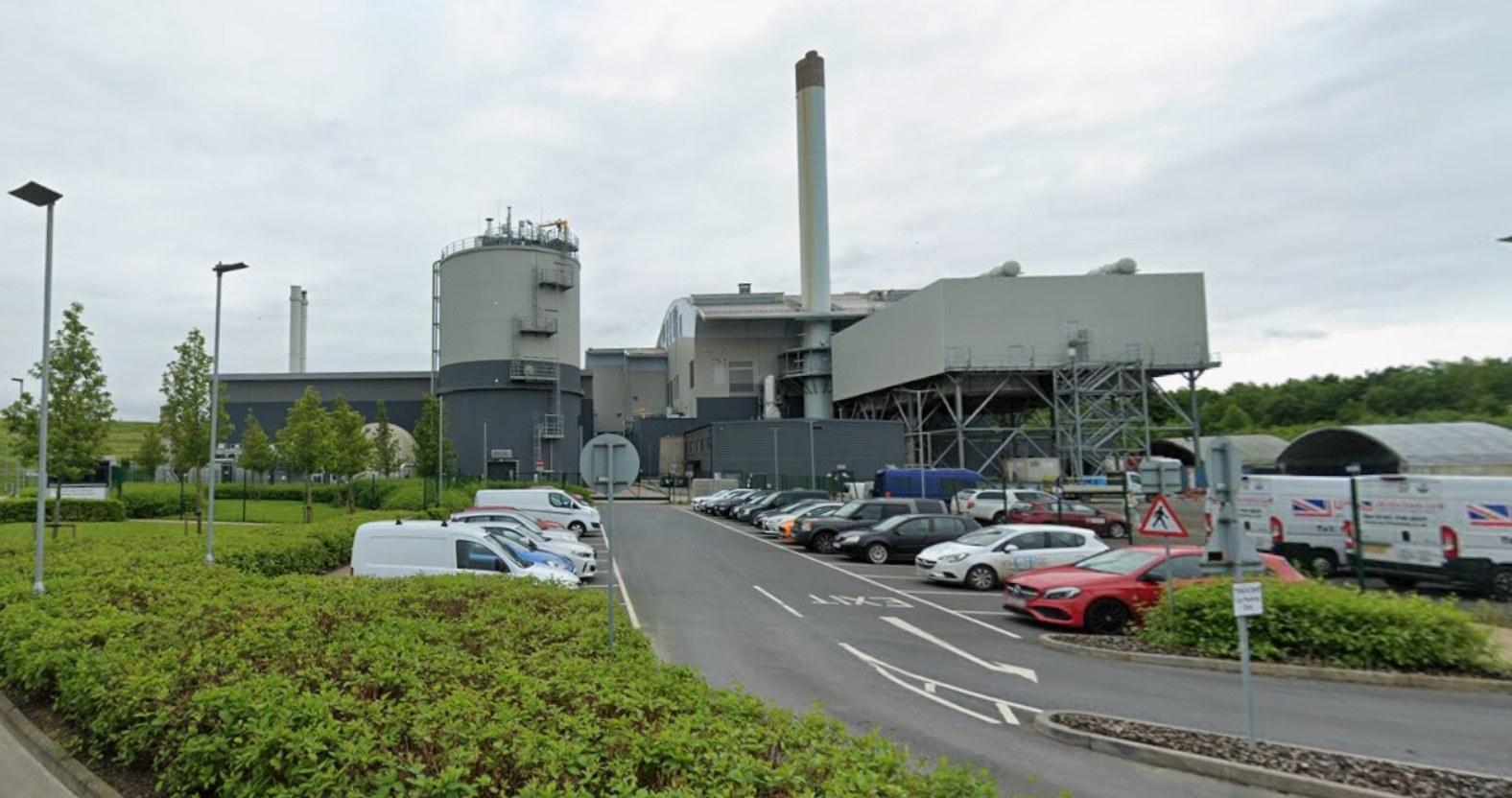Subscribe to trusted local news
If you are accessing this story via Facebook but you are a subscriber then you will be unable to access the story. Facebook wants you to stay and read in the app and your login details are not shared with Facebook. If you experience problems with accessing the news but have subscribed, please contact subscriptions@thestrayferret.co.uk. In a time of both misinformation and too much information, quality journalism is more crucial than ever. By subscribing, you can help us get the story right.
- Subscription costs less than £1 a week with an annual plan.
Already a subscriber? Log in here.
22
Jul 2025
Report prompts fresh concerns about performance of Allerton Park waste plant

Fresh concerns have emerged about the performance of a controversial waste recovery plant near Knaresborough following a rise in the amount of rubbish going to landfill and breaches of harmful emissions rules.
North Yorkshire Council’s 2024/25 annual report for Allerton Waste Recovery Park (AWRP), which is based off the A1(M), noted it had been a “difficult year” for the £1.2bn facility.
Availability of the plant’s energy from waste facility was lower than the previous year and several unplanned periods of downtime meant waste had to be diverted to alternative treatment facilities or landfill sites.
In total, 87.29% of contracted waste was saved from going to landfill — this was a fall from 94.86 per cent in 2023/24 but still above the target of 70%.
Meanwhile, the plant, which opened in 2018, is yet to hit its recycling target of recycling or composting five per cent of the waste it receives, with the 2024/25 figure well below the target at 1.75%.
A total of 48 instances of non-compliance with the site’s environmental permit were reported, compared to 26 the previous year.
All but one of the breaches were categorised by the Environment Agency as having “no impact on human health, quality of life or the environment”.
But in one case operator Thalia reported a “single, short-durance” release of the chemical dioxin/furan above the permitted level which was classified as having a “minor impact on human health, quality of life, or the environment”.
According to the report, the Environment Agency agreed with Thalia’s assessment that there was no clear cause of the release and no evidence of system failure.
Follow-up testing showed emissions well below the permit limit.
The case was referred to the UK Health Security Agency, which raised no health concerns.
North Yorkshire Council’s executive member for managing our environment, Cllr Richard Foster, said the authority was working closely with the contractor to improve the performance of Allerton Park.
He added:
During the year, we had two planned maintenance outages when waste had to be diverted to landfill or waste treatment facilities.
It is common for there to be some issues when returning to normal operations, and we are committed to identifying alternative waste treatment outlets during these outages to reduce reliance on landfill.
Our contractor works closely with the Environment Agency (EA), which has not identified any requirements for performance improvement over the year.
The EA found that the operations at Allerton Park had no adverse environmental or health impact, and the one isolated event referred to the UK Health Security Agency (UKHSA) raised no health concerns. The EA has determined that they had a negligible impact on air quality standards.
Green Party councillor Arnold Warneken said his party had repeatedly raised concerns about the performance of AWRP.
He added:
Those concerns are not reduced by the contents of this report.
I’m not saying there haven’t been some improvements, but these annual reports should be positive.
Waste incinerators are now one of the biggest pollutants after we’ve closed down all those coal-fired power stations and we need to take our responsibilities for reducing their impact seriously.
The plant is licensed to process up to 320,000 tonnes of waste per year from York and North Yorkshire councils.
0